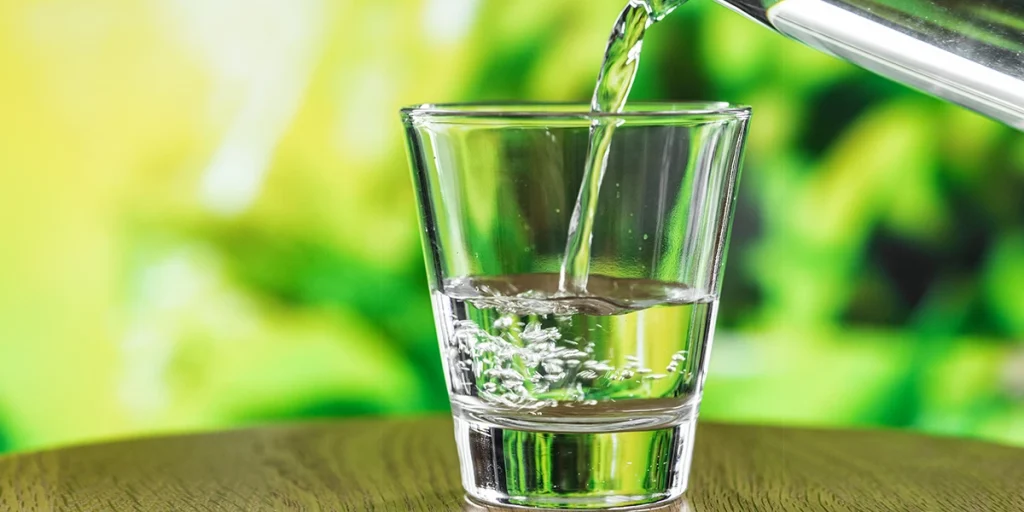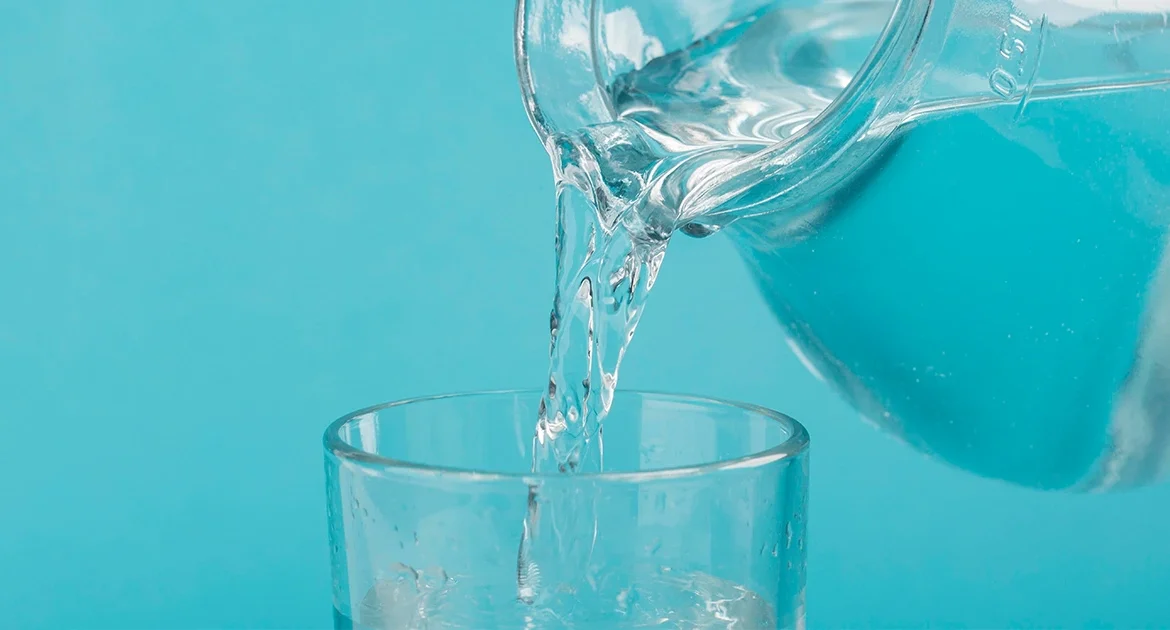Water quality is a fundamental aspect of public health, and in Edinburgh, one pressing concern is the presence of lead in drinking water. Lead water testing is essential for ensuring that our water supply remains safe and free from harmful contaminants. Here’s why you should consider lead water testing a priority for your health and well-being.
Due to recent government revisions to the Repairing Standard legislation in Scotland, landlords must ensure that the water supply in their privately rented properties is free of lead by 1st March 2024.
Lead was commonly used in mains water supplies, domestic pipes, and storage tank linings until it was banned in 1969, after which it was replaced by materials such as iron, plastic, or copper.
Scottish Water highlights that properties built before 1970 may still contain lead pipes. According to guidelines, water should be tested at all outlets where consumption may occur, specifically between the boundary stopcock and the kitchen tap. In most cases, only the kitchen tap will need testing for lead; other outlets, such as baths, basins, and utility rooms, should only be tested if they lie between the boundary stopcock and the kitchen tap.
If lead levels are found to be at or above 10 micrograms per liter, this indicates the presence of lead in the plumbing. In such cases, tenants must be informed immediately. As a precaution, landlords may recommend that water left standing in pipes for extended periods—such as overnight or if the property has been unoccupied for several hours—should not be consumed. It is also advisable to drain a bowl of water before using it for drinking or cooking.
Landlords are responsible for identifying and removing any lead pipes within their property’s plumbing that fall outside Scottish Water’s jurisdiction. Tenants should be informed, and water samples must be collected for laboratory analysis to verify that the water is lead-free. Subsequent testing should confirm that lead levels remain below 10 micrograms per liter.
If landlords suspect the presence of lead pipes in their property, they should contact their property manager without delay. In most cases, a qualified plumber can quickly assess whether visible pipes are made of lead.
David Love Property offers independent, high-quality water testing services for £100 plus VAT per property, ensuring compliance with the necessary legislation standards. We will conduct sampling and testing as required.

Changes to the Repairing Standard
Amendments to the Repairing Standard—the minimum physical standard a property must meet—require landlords to ensure that, from 1st March 2024, the water supply in their privately rented properties is free of lead. This will introduce additional testing obligations for some landlords.
Lead testing in rented properties: requirements
The Scottish Association of Landlords has provided the following guidance on testing:
- Lead Pipe Risk: Scottish Water advises that properties built before 1970 may contain lead pipework. If a landlord is unsure whether their property has lead pipes or is aware of a potential risk, tenants must be informed, and water samples should be collected for laboratory analysis, as this is the only reliable method to determine if the water is lead-free
- Testing Guidance: According to Scottish Government guidance, water should be tested at all outlets where consumption may occur, specifically between the boundary stopcock and the kitchen tap. In most cases, only the kitchen tap needs to be tested for lead. Other outlets, such as baths, basins, and utility rooms, should only be tested if they fall between the boundary stopcock and the kitchen tap.
- Lead Content Notification: If testing reveals that the lead content is at or above 10 micrograms per liter, this indicates the presence of lead in the plumbing. Tenants must be informed immediately. Short-term precautionary advice may include avoiding drinking water that has been standing in pipes for extended periods (e.g., overnight or if the property has been unoccupied for several hours) and drawing off a bowl of water to clear stagnant water from the pipes before using it for drinking or cooking.
- Public Water Supply Investigation: For properties connected to the public water supply, Scottish Water will investigate and replace any sections of lead pipe within its part of the service pipe between the water main and the boundary stop valve at no cost to the landlord.
- Landlord Responsibilities: Landlords are responsible for identifying and removing any lead pipes in the sections of pipework that fall outside Scottish Water’s jurisdiction. After removal, the water should be re-sampled to ensure lead content is below 10 micrograms per liter.
- Grant Aid: In some instances, local authorities may offer limited grant assistance through their housing improvement schemes to help homeowners with the costs of pipe replacement. However, such funding is finite and varies between authorities.
- Jointly Owned Pipework: In buildings with jointly owned pipework, landlords are not required to carry out work on shared pipes if they cannot obtain the necessary rights or consent. While landlords must make reasonable efforts to gain these rights or consent, they cannot be held liable if this proves impossible.
What Are the Next Steps?
For properties in our portfolio built prior to 1970, At Home In Edinburgh will collect the necessary samples and send them to an approved laboratory for testing. The anticipated cost is around £50 per property, and the results will be shared with both the landlord and tenant. If landlords suspect the presence of lead water pipes in their properties, they should contact their property manager as soon as possible.
Lead water testing in Edinburgh is not just a precaution; it’s a vital step in protecting your health and the health of your loved ones. With the potential risks associated with lead exposure, understanding the quality of your drinking water is essential. Don’t wait until health problems arise—be proactive and ensure your water is safe through regular lead water testing. Your health depends on it.



